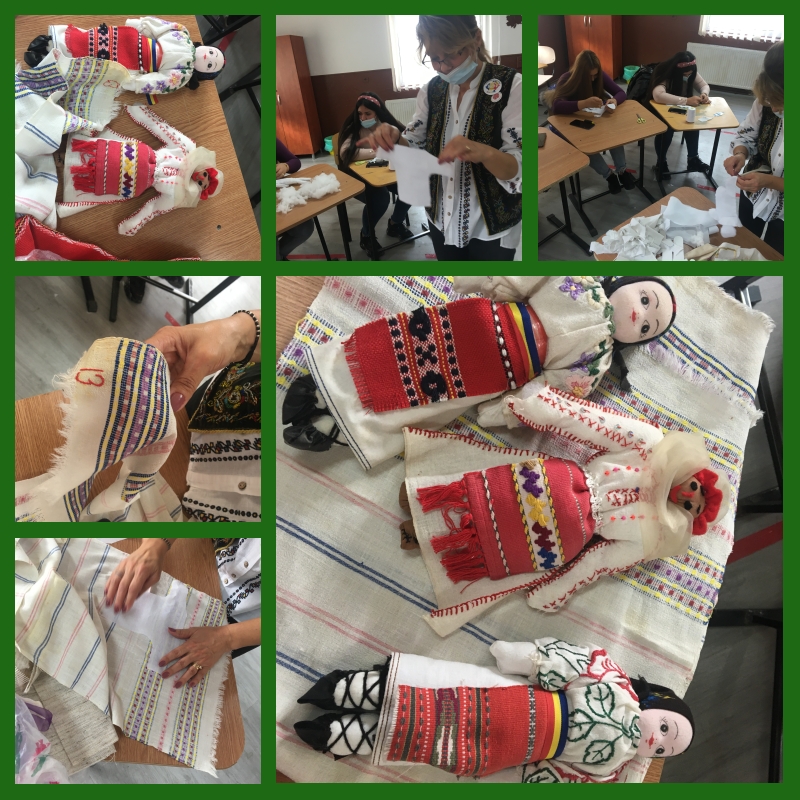Various factors hinder the smooth and effective development of green competencies, especially in rural areas. Consequently, well-designed pedagogical approaches are needed for these learning outcomes to be successfully achieved.
For this purpose, Florența Dogaru, a master’s student of the University POLITEHNICA of Bucharest and a teacher at the Ion Iorgulescu secondary school in Arges county, Romania, designed the project “Viitor Sustenabil” – VIS (en. Sustainable Future; the acronym of the project means DREAM in English) aiming to mitigate the hindrances to effectively addressing green competences through advocacy service-learning.
By employing advocacy service-learning and photovoice activities, the learners participated in authentic learning experiences.
The VIS project started from an analysis of the curricular context concerning the Sustainable Development Goals, identifying the need to shape and develop green and transformative competencies in 5th-8th grade students and to promote a different attitude regarding responsibility towards the use of limited resources to meet unlimited needs and desires. The project started during the pandemic when the school was oscillating between online and face-to-face courses, adding an e-Service-learning component to the VIS project.
Teachers and students aimed to teach objects and materials that were no longer useful to dream of a new future. In Technology Education and Practical Applications classes, students made products from materials they have in their households that are no longer useful, creating objects with a new utility. The learning experiences were enhanced by using photovoice to stimulate students’ reflection on the learning process and products, i.e. a method of dissemination and advocacy. Photos of the products made and their stories were disseminated on the project’s Instagram account.
Given the participatory nature of service-learning and photovoice, the proposed learning activities motivated students to learn differently, to learn with meaning and to learn better. The learning outcomes showed that service learning boosted the enjoyment of learning and triggered deep learning strategies. Moreover, the sense of belonging was strengthened in multi-ethnic classrooms. The project results led to concluding that experiential learning pedagogies (such as service-learning) combined with participant research methods (such as photovoice) can contribute effectively to boosting green learning and green competencies.
Presentation video:


Pingback: Voicing Green Learning na obszarach wiejskich poprzez Service-Learning - doświadczenie z Rumunii - e-SL4EU
Comments are closed.